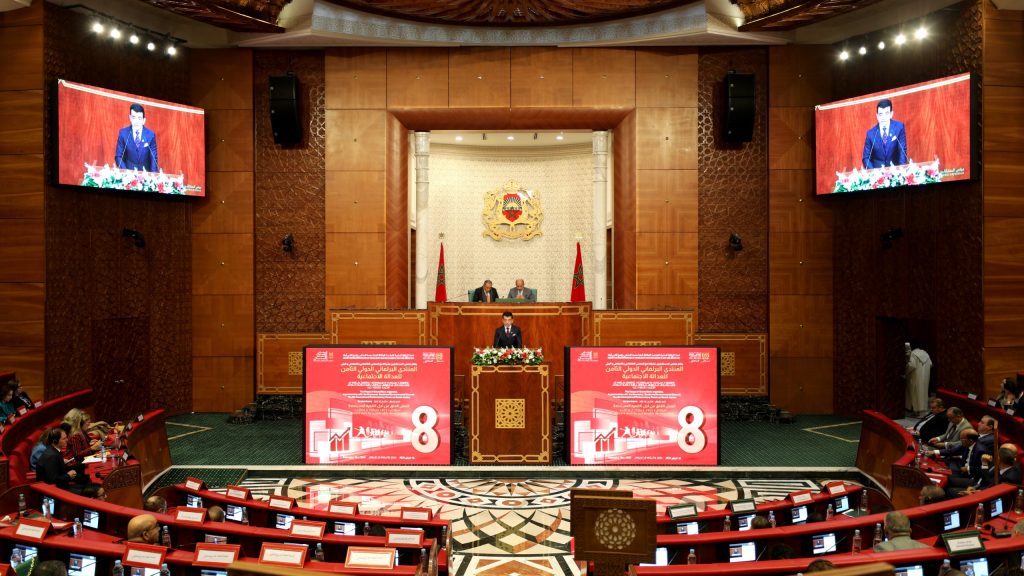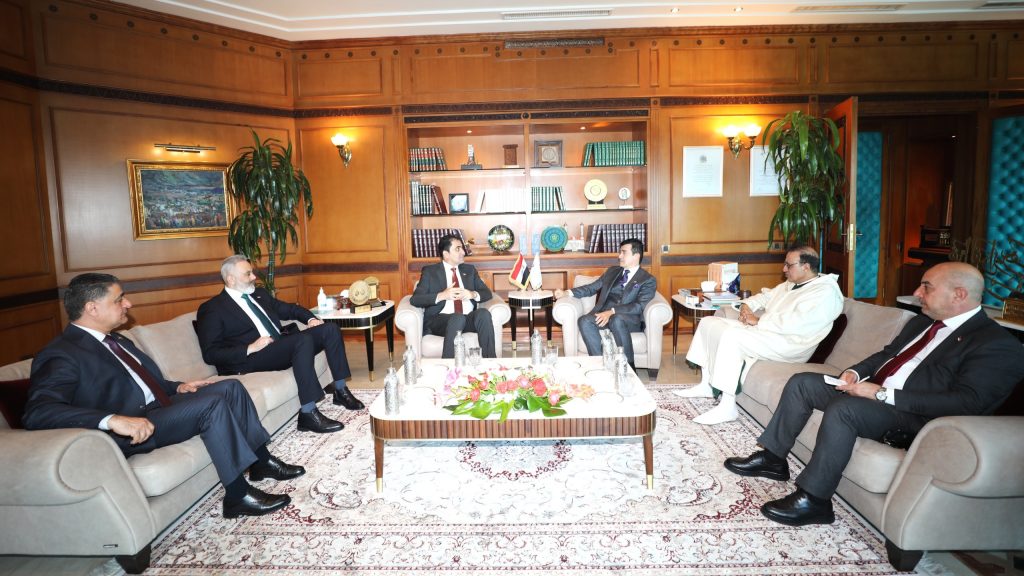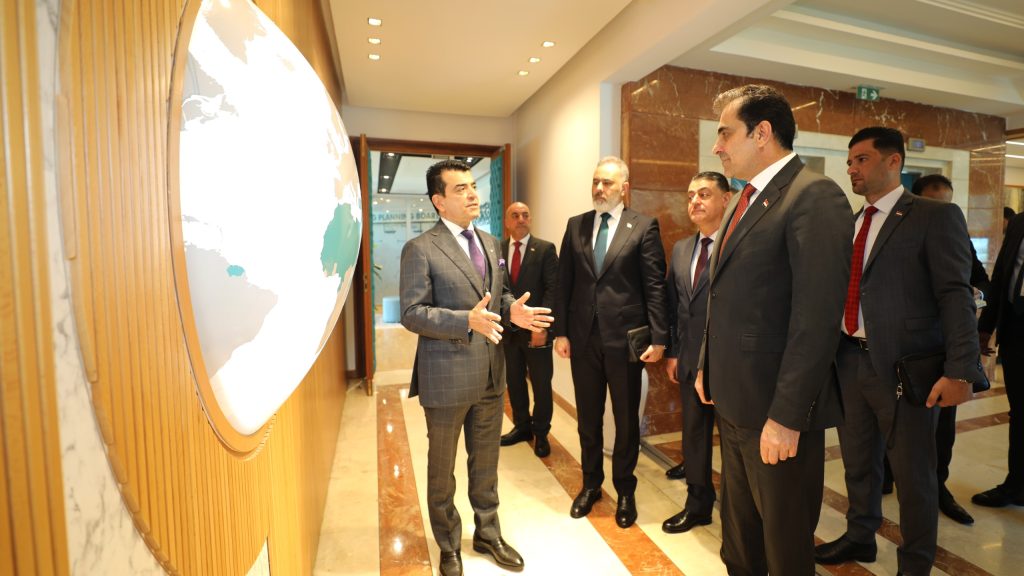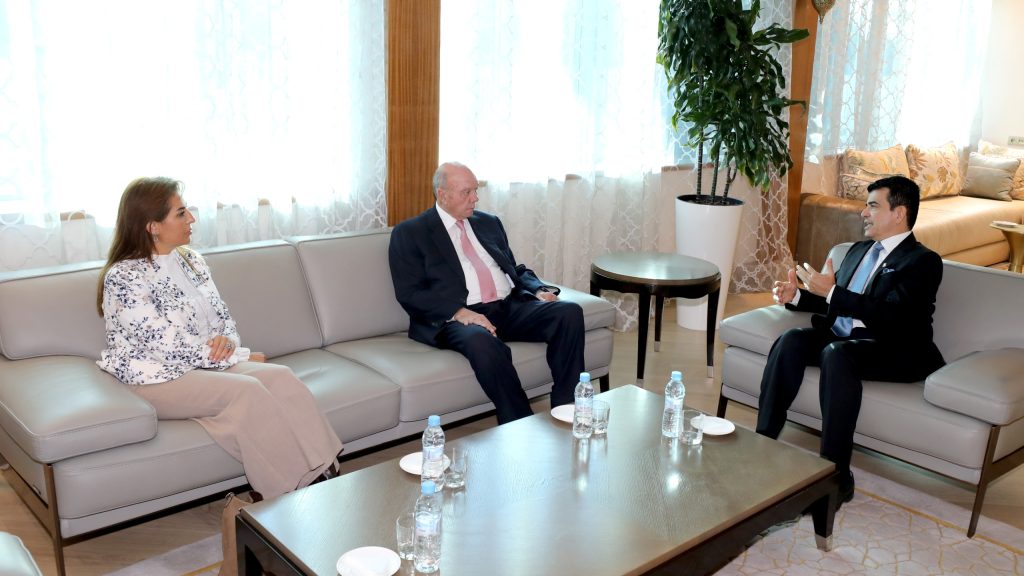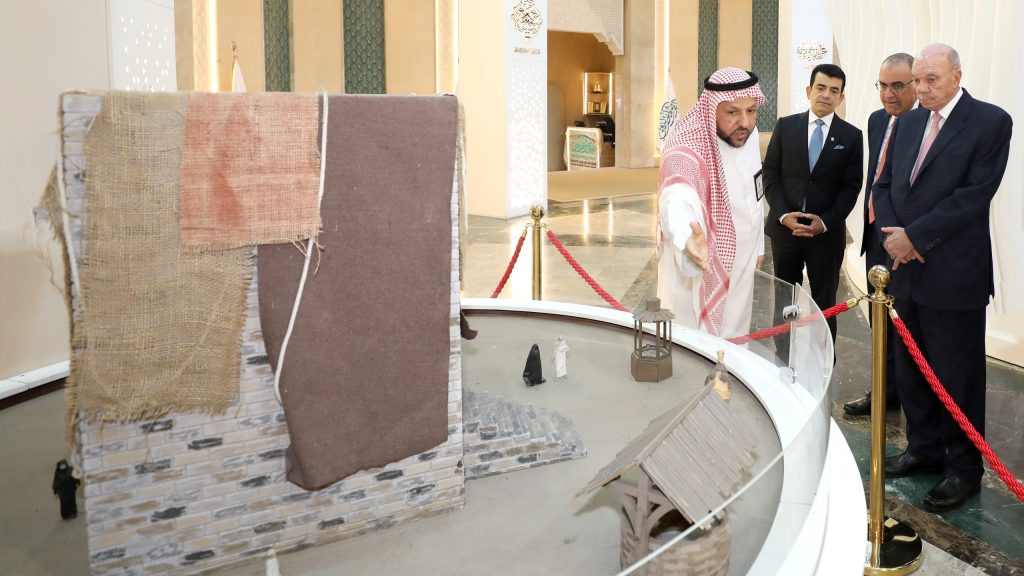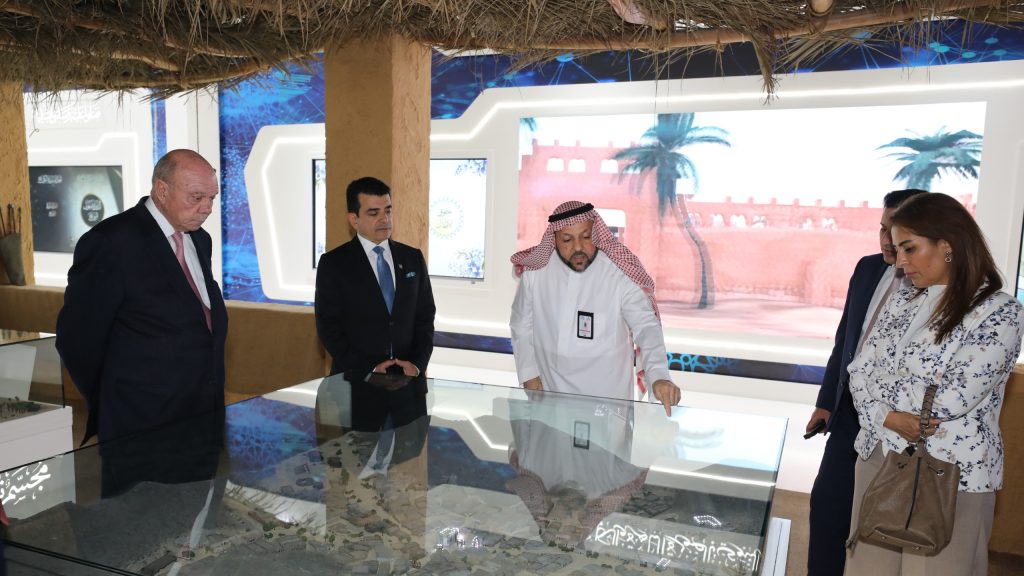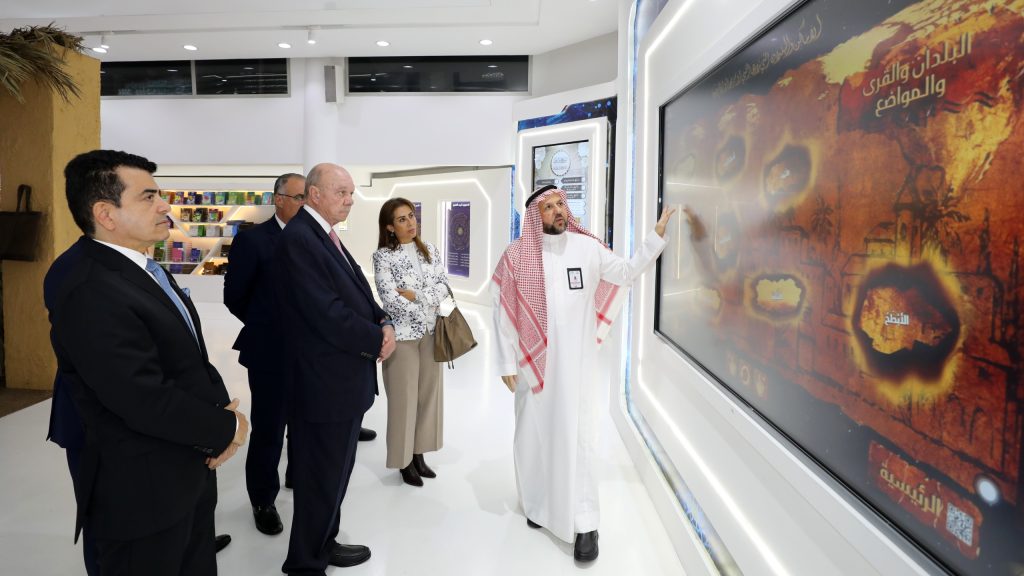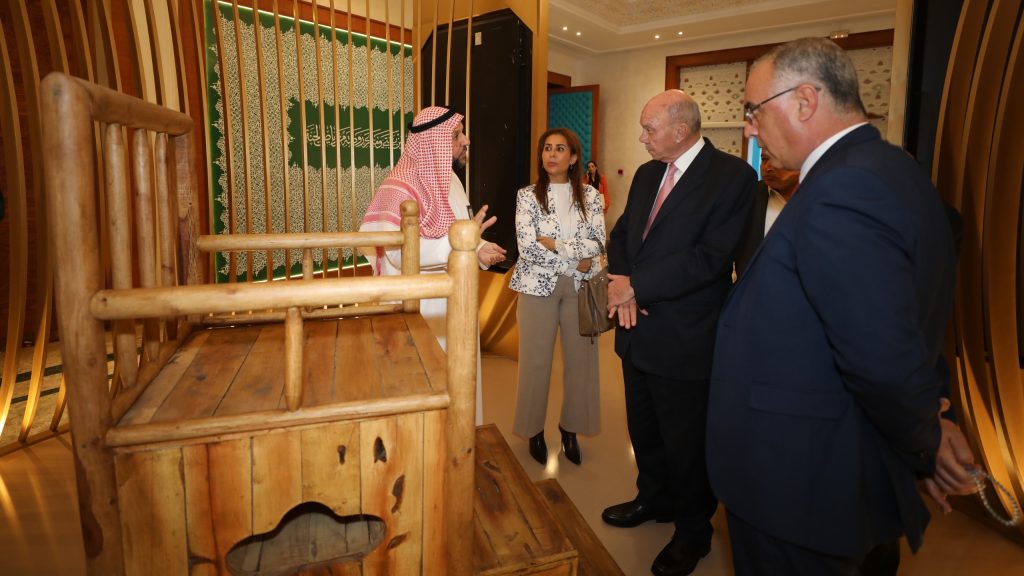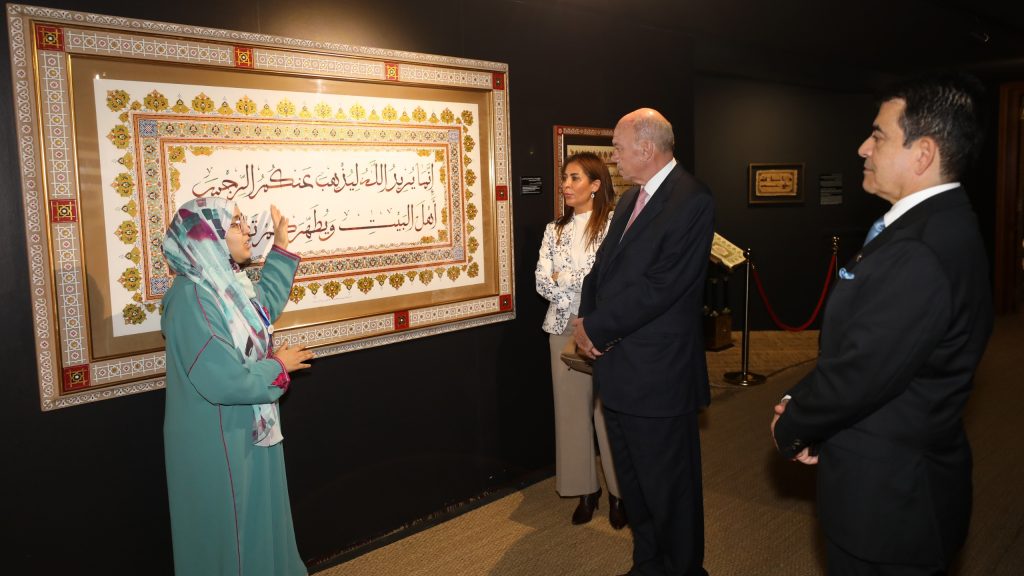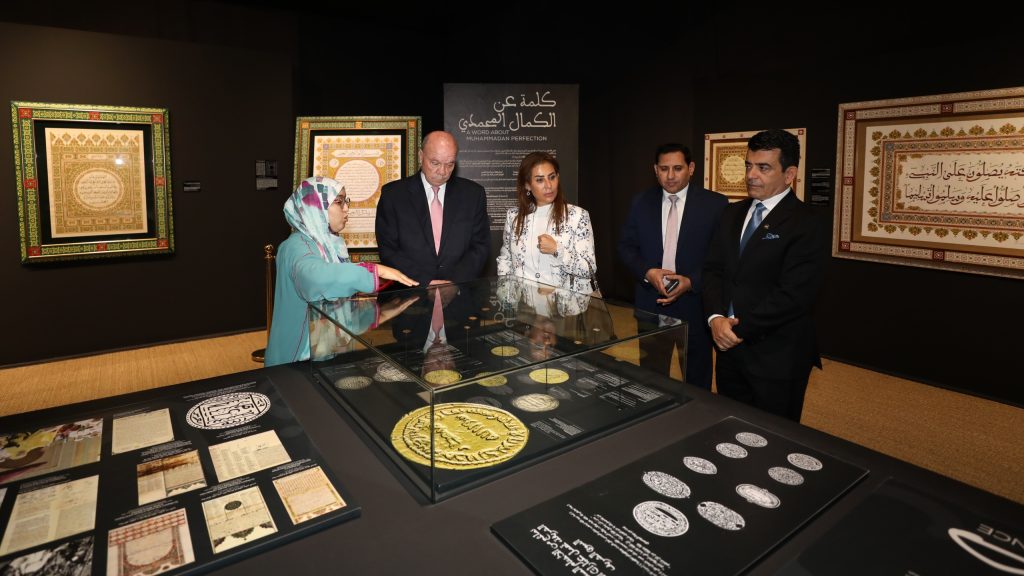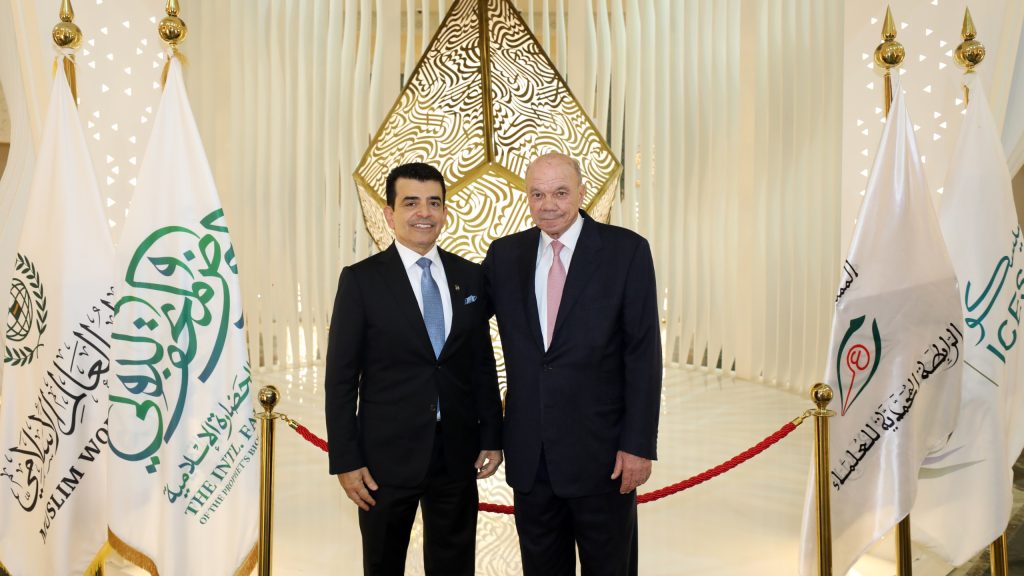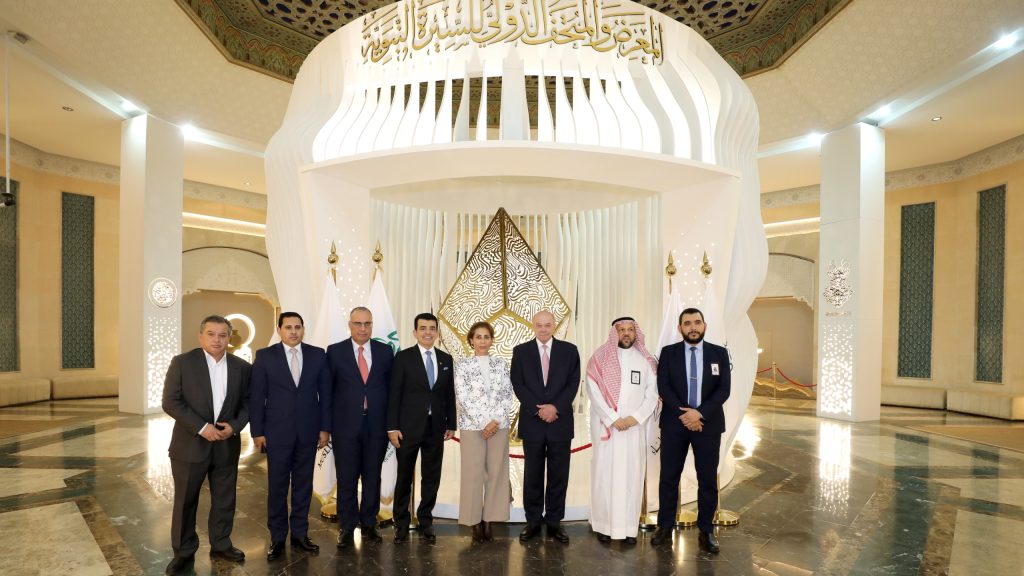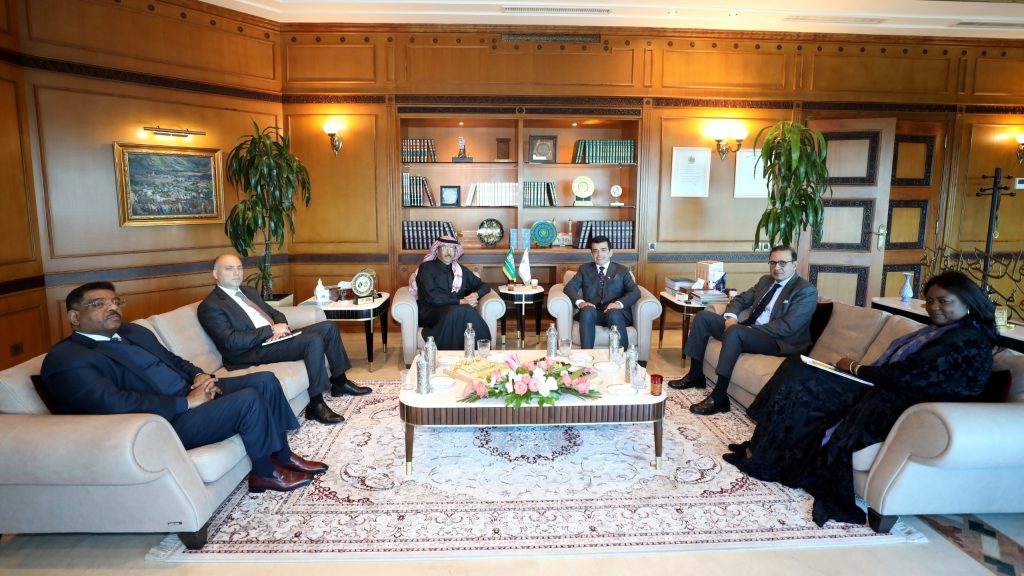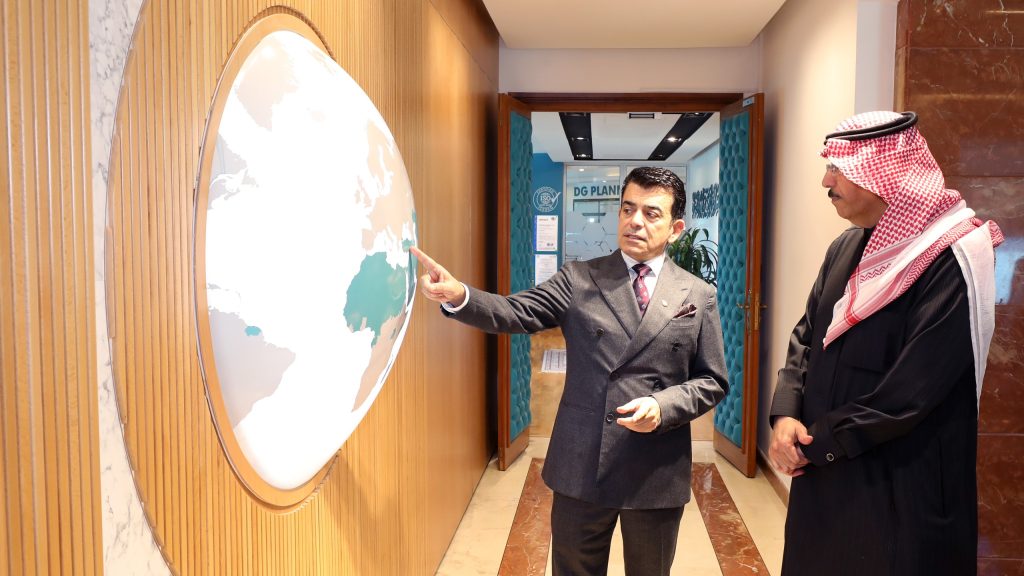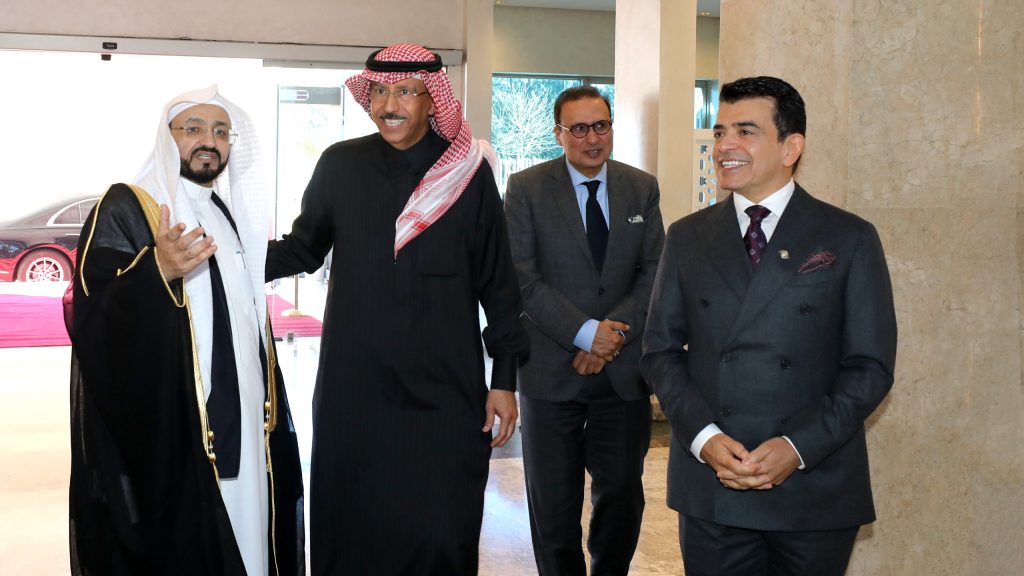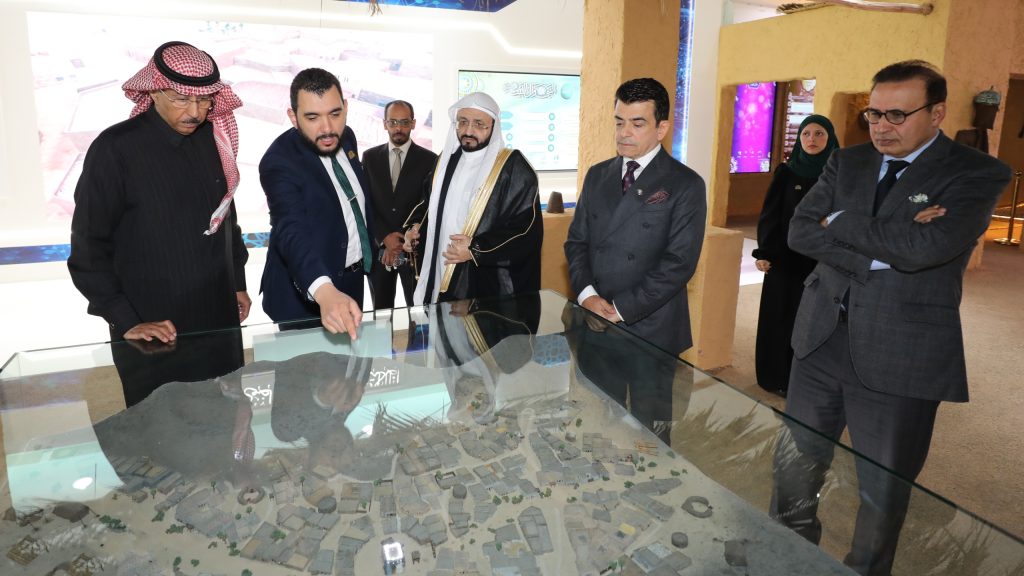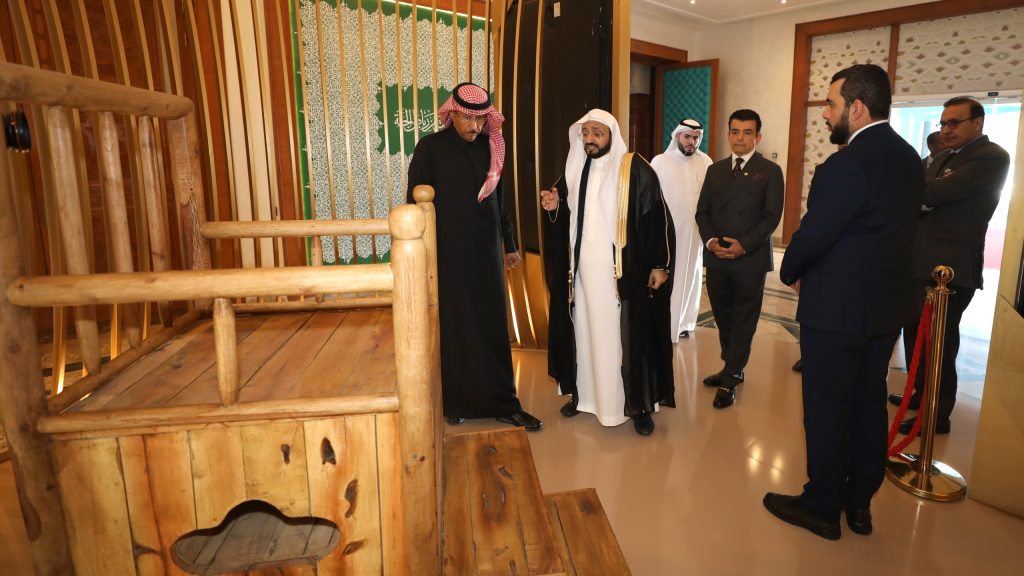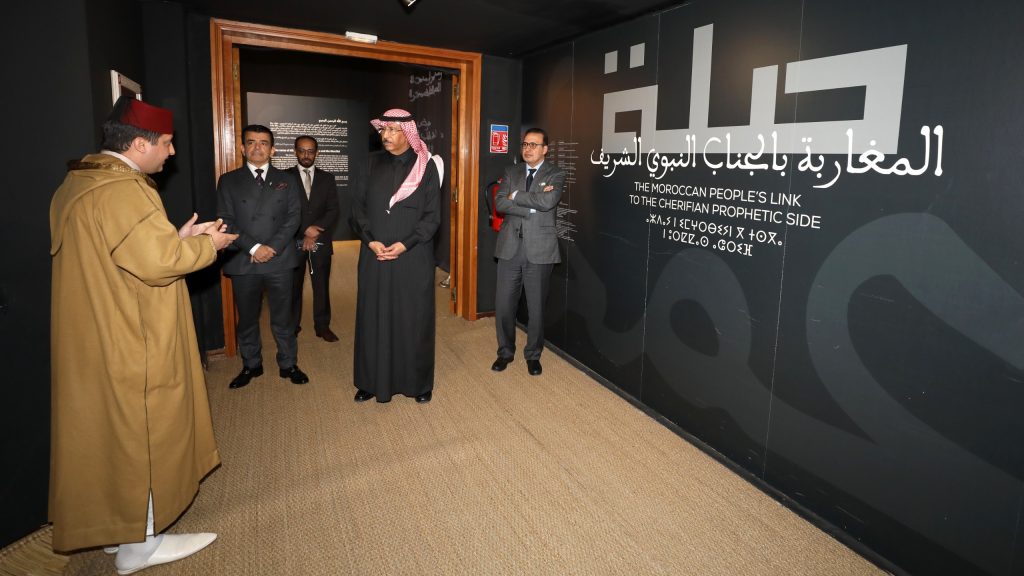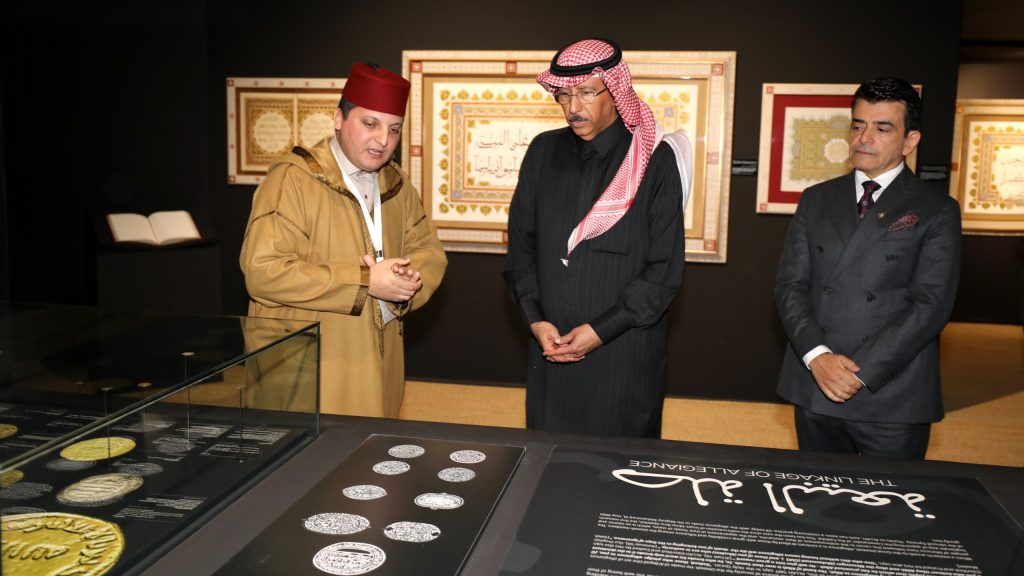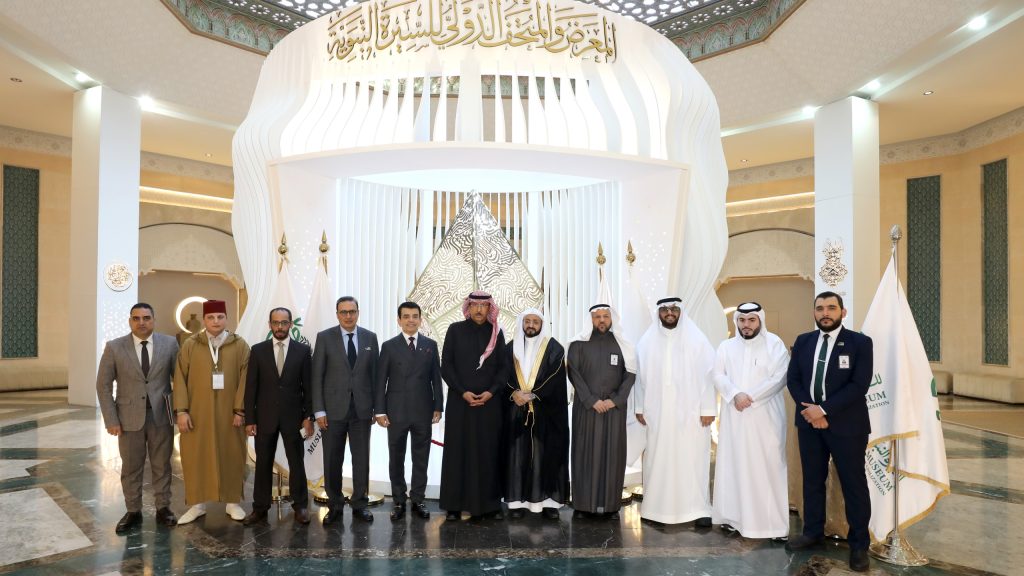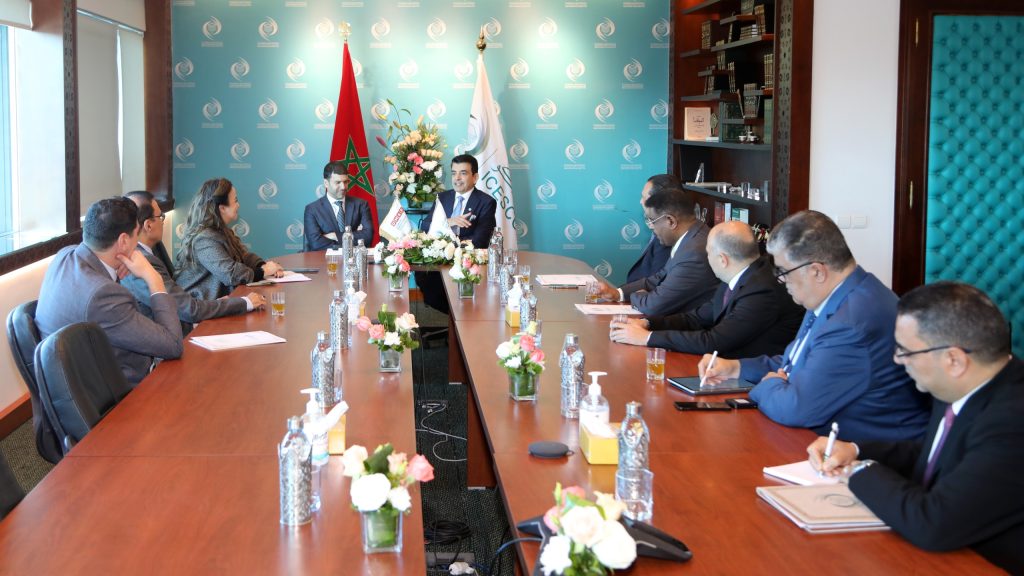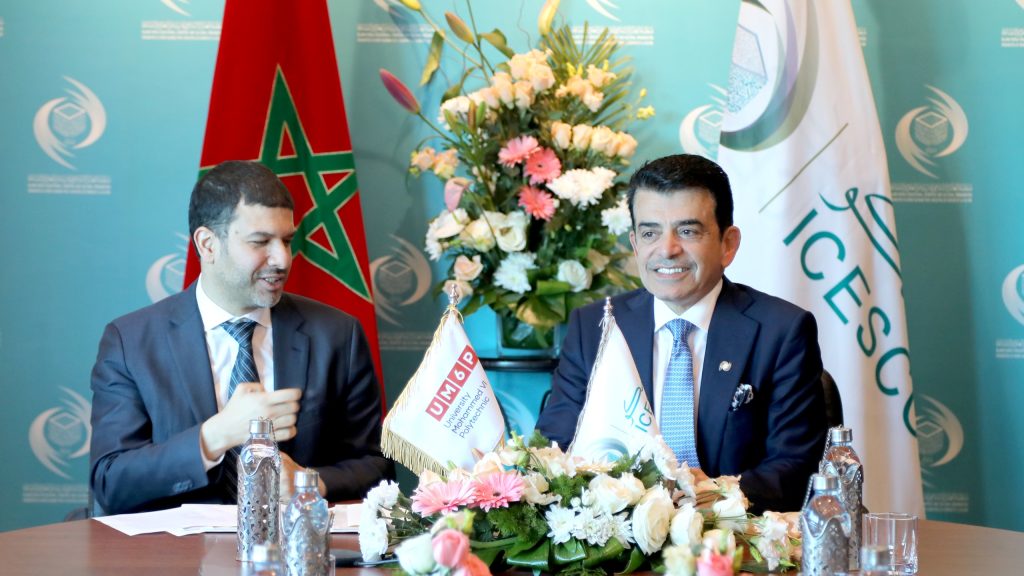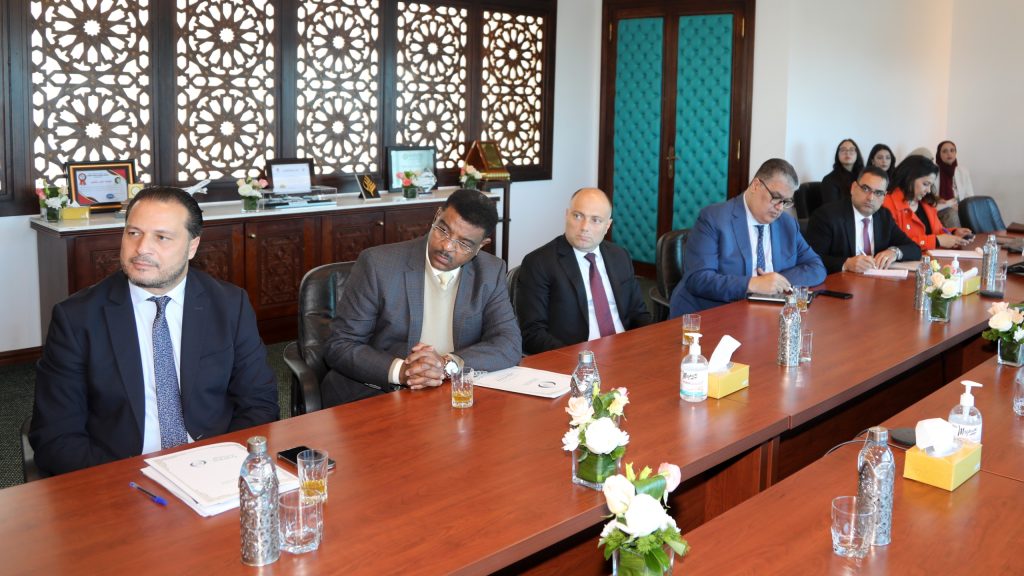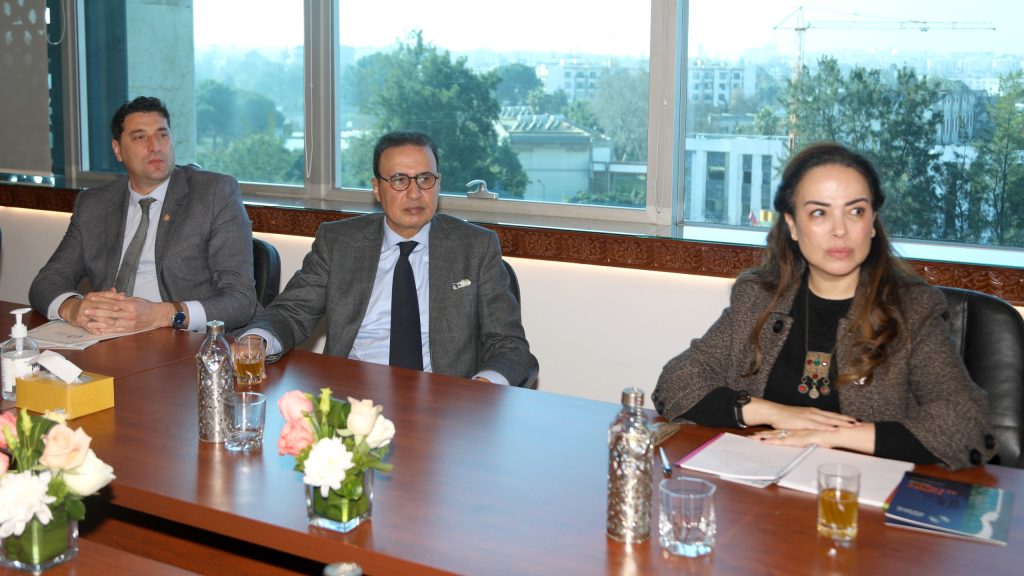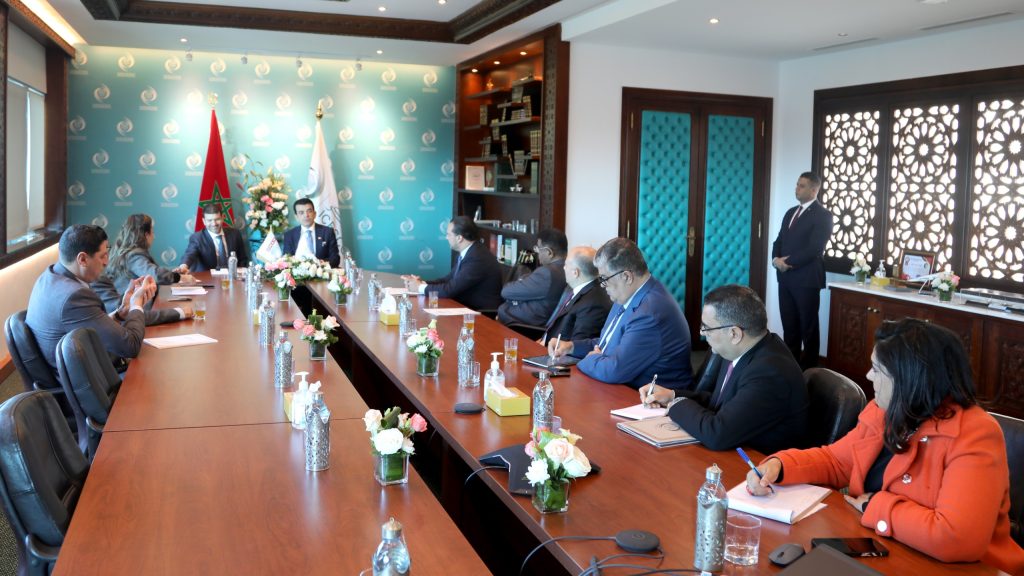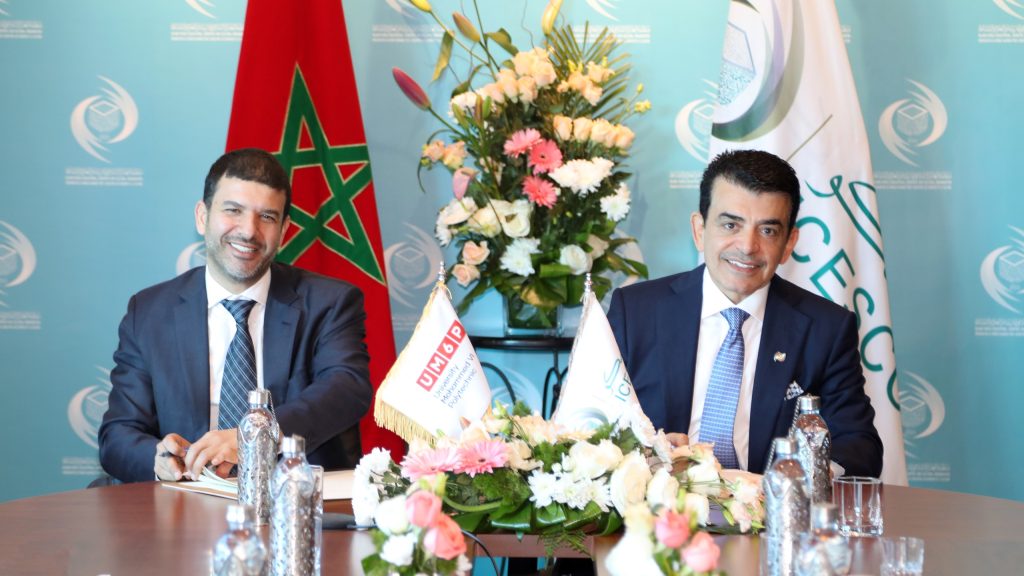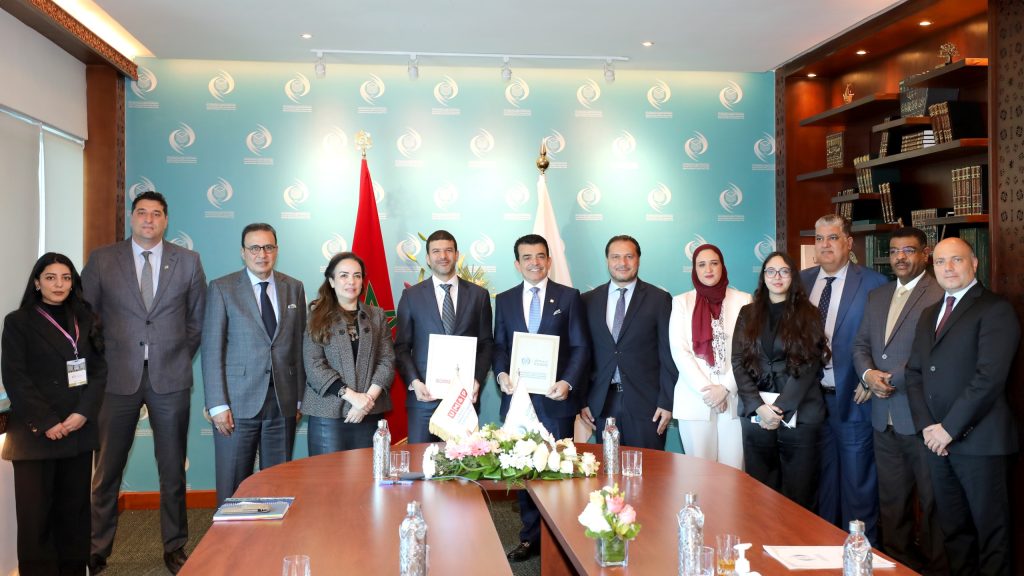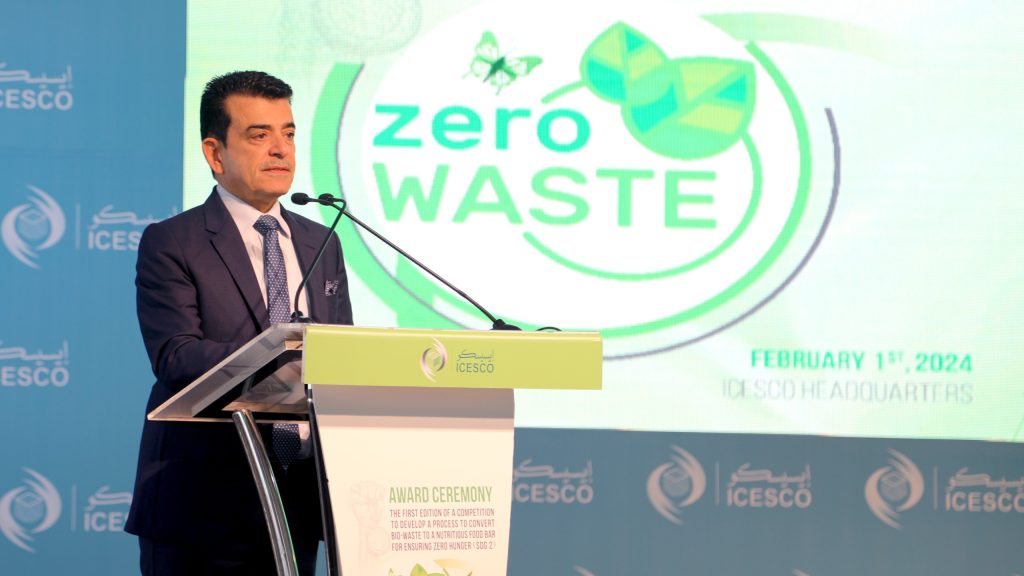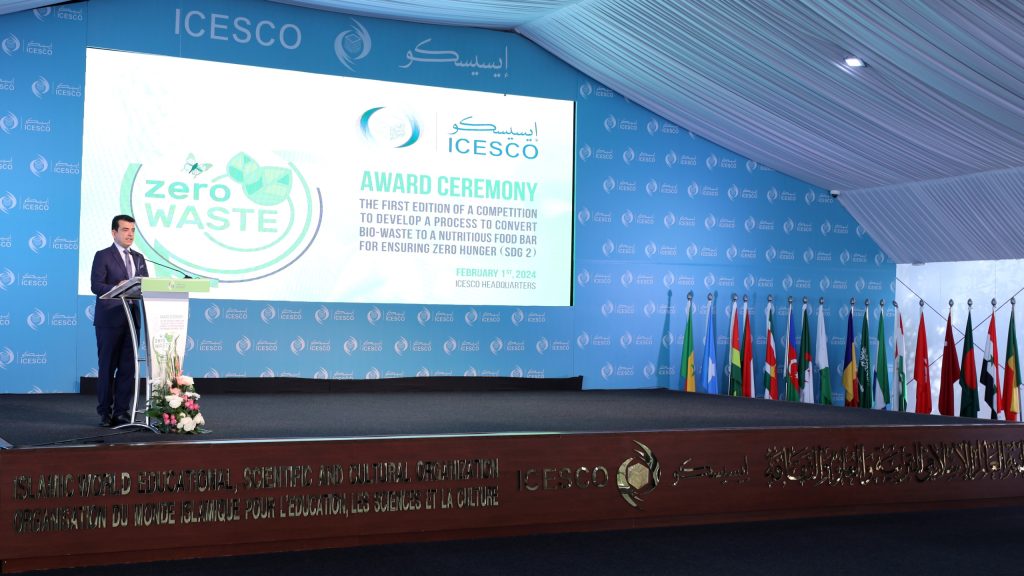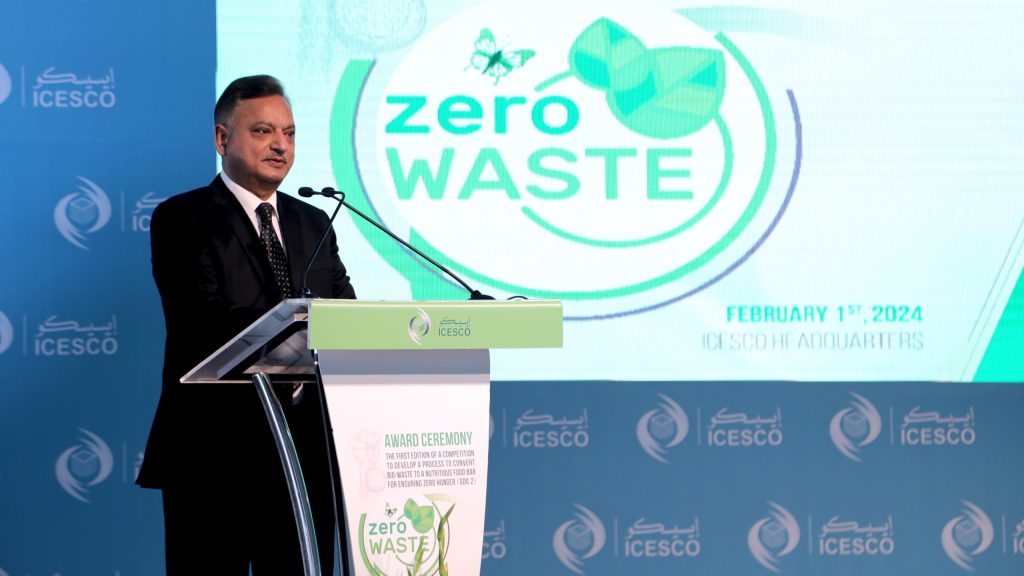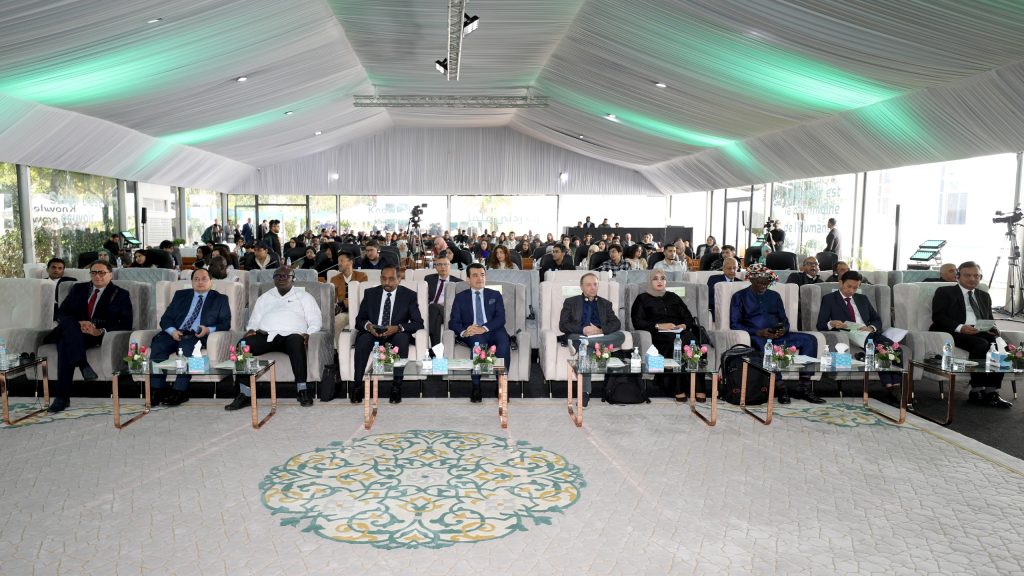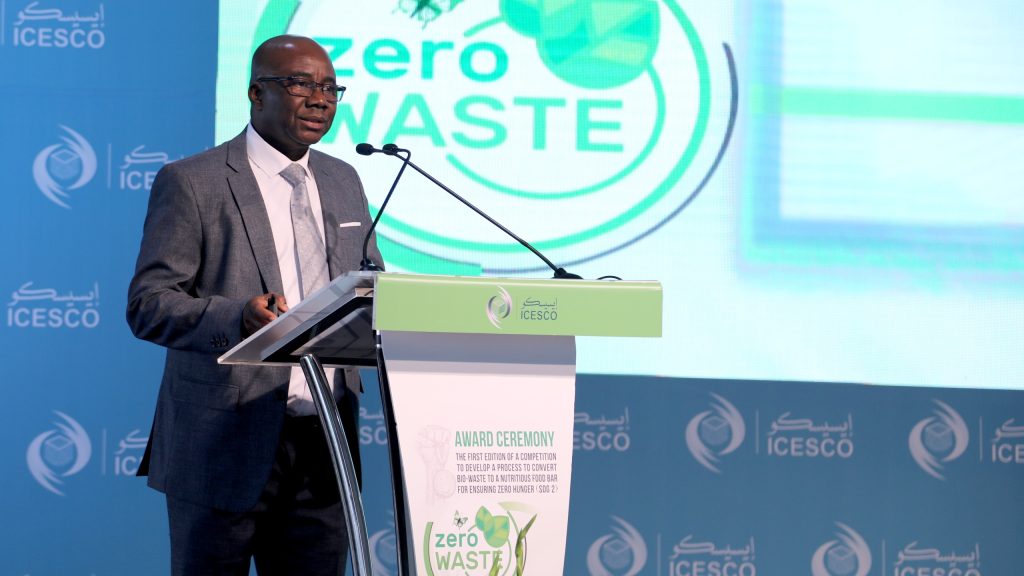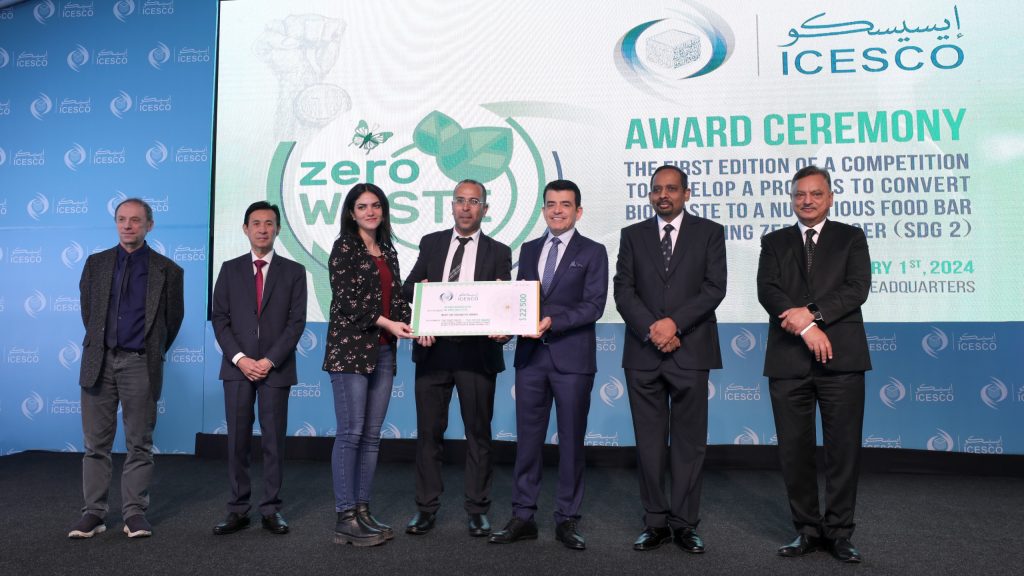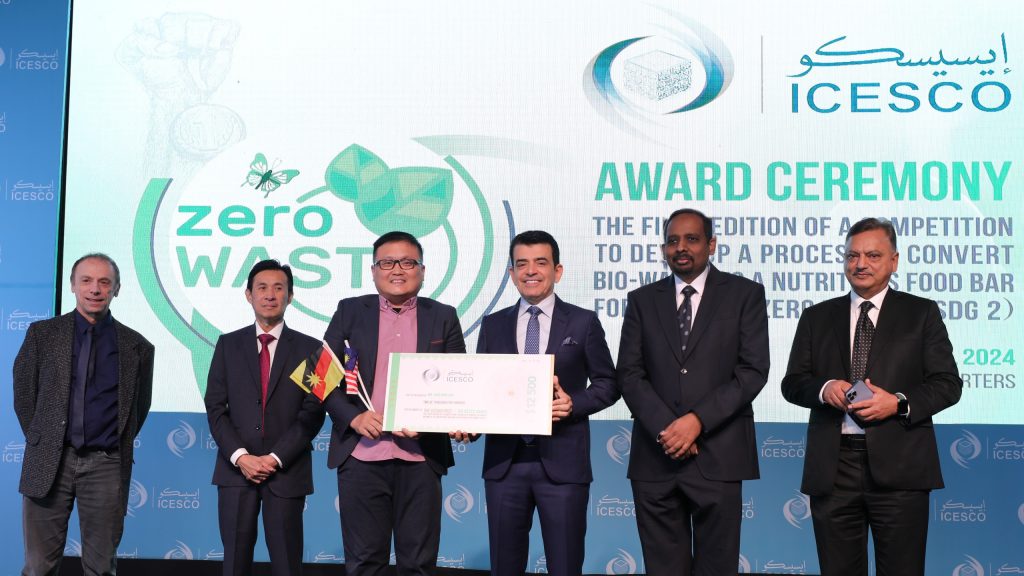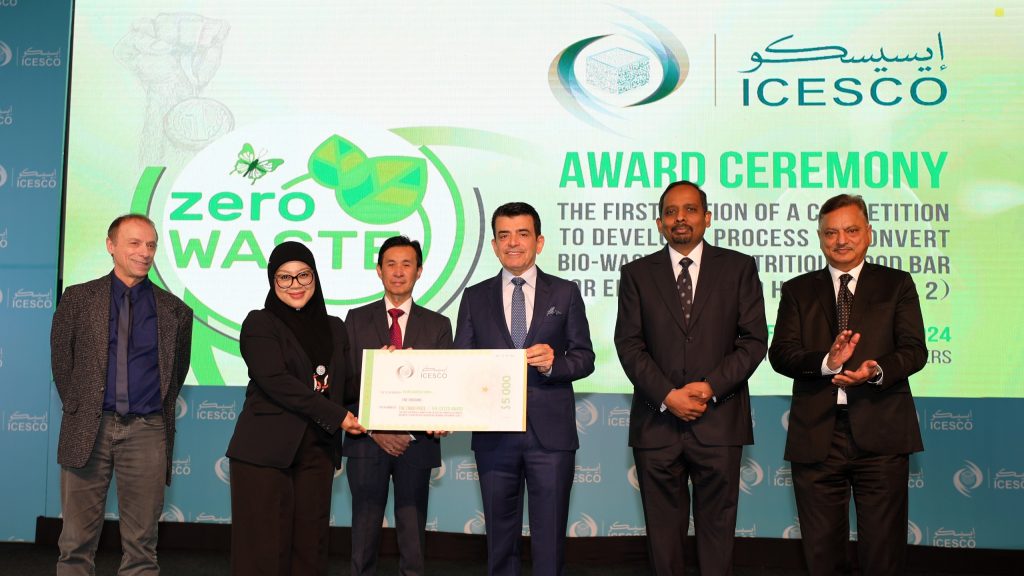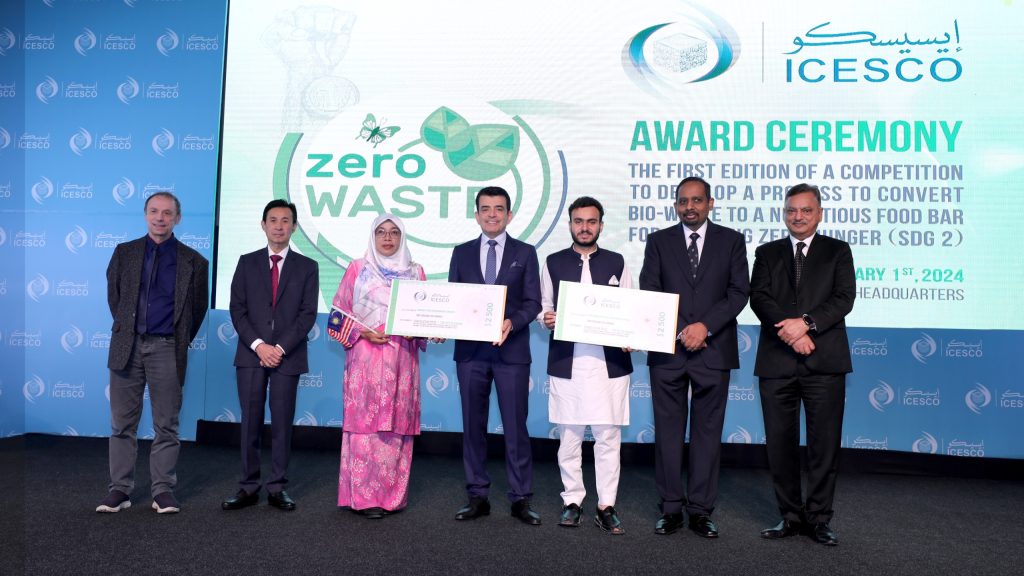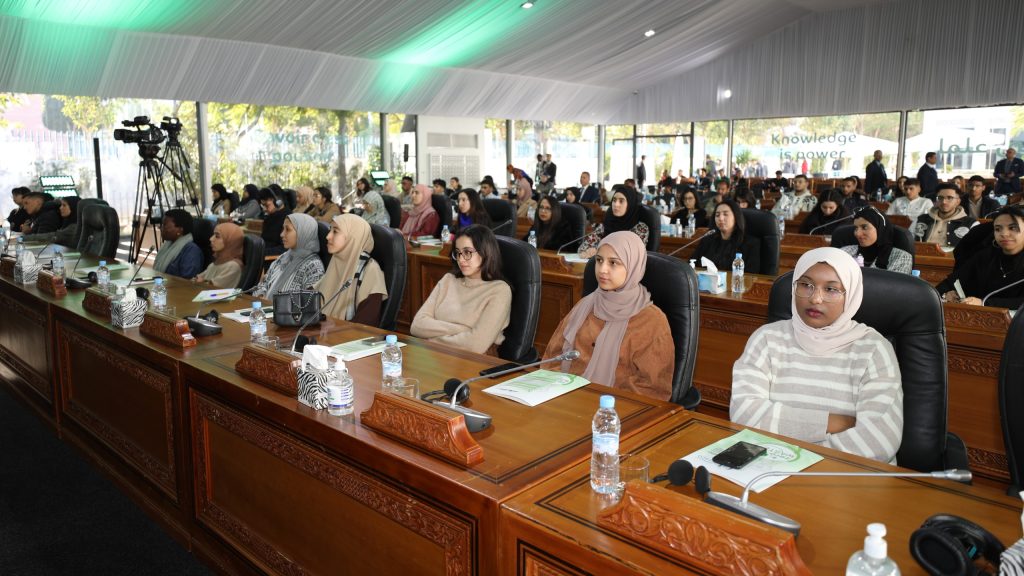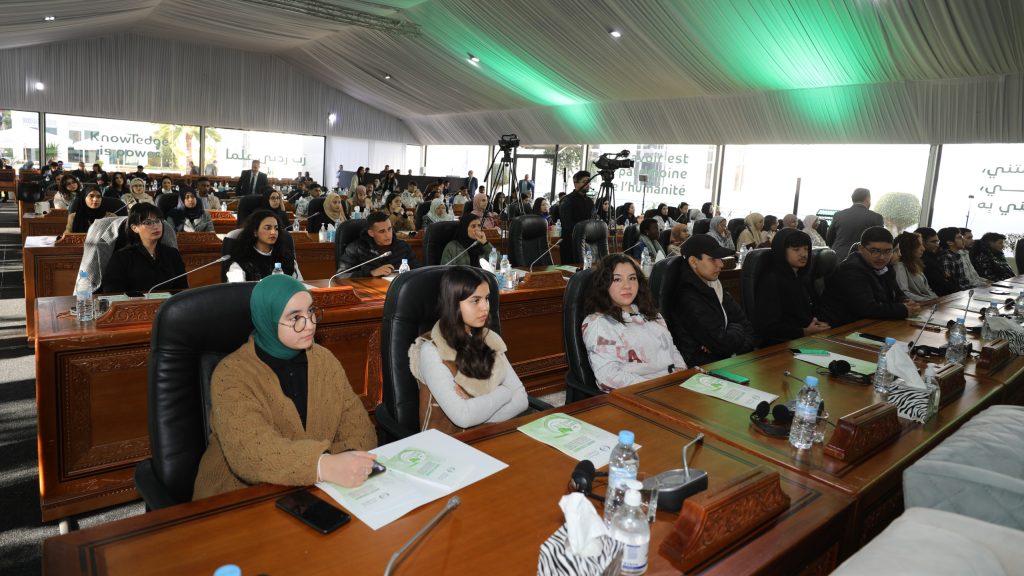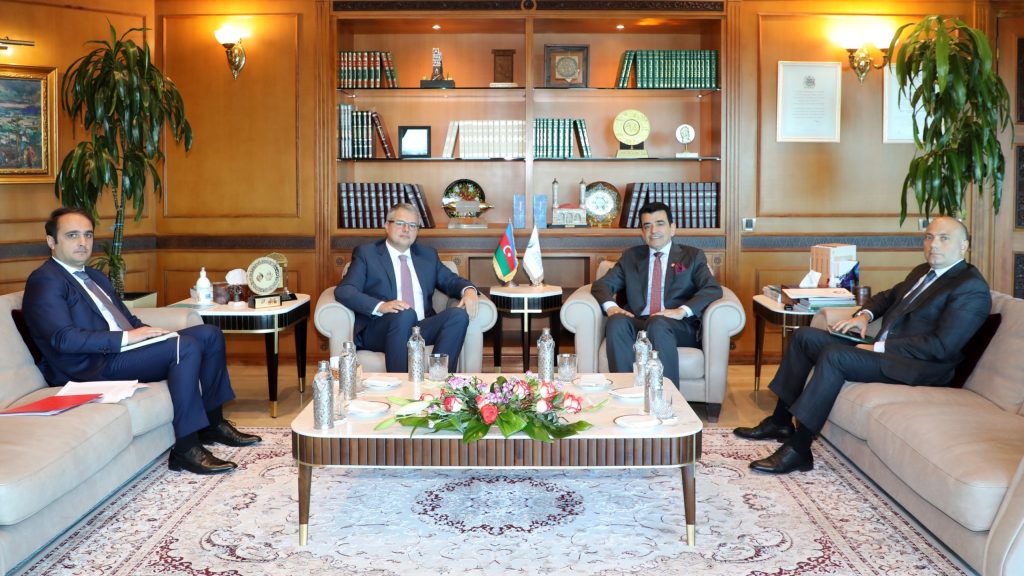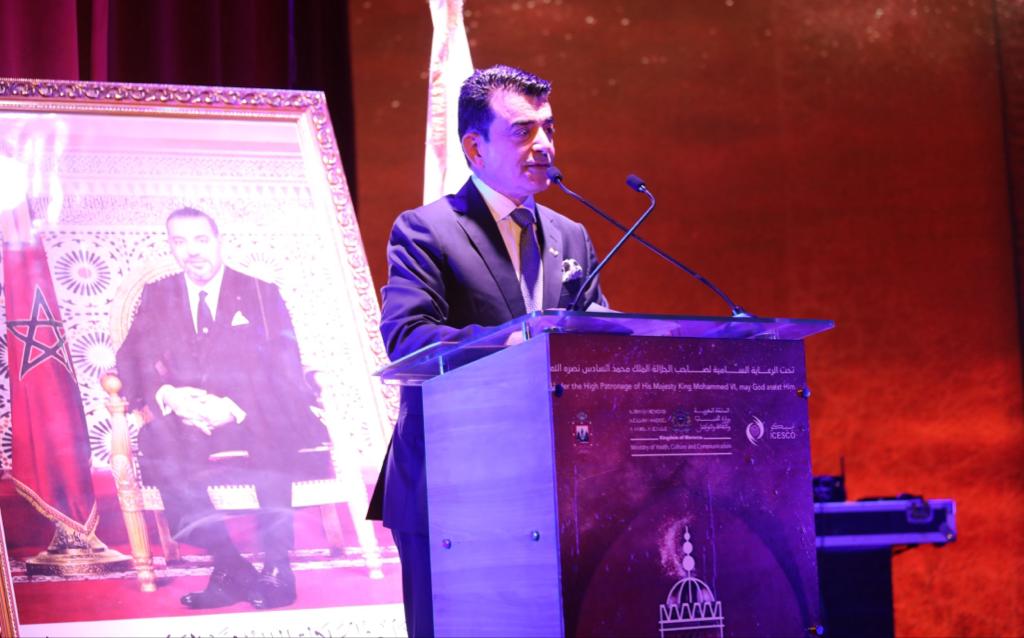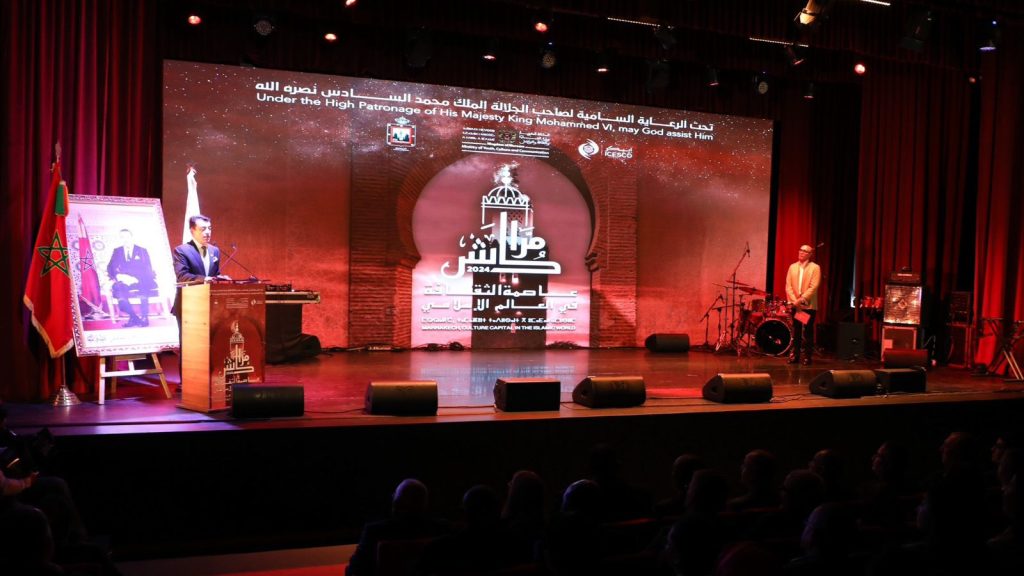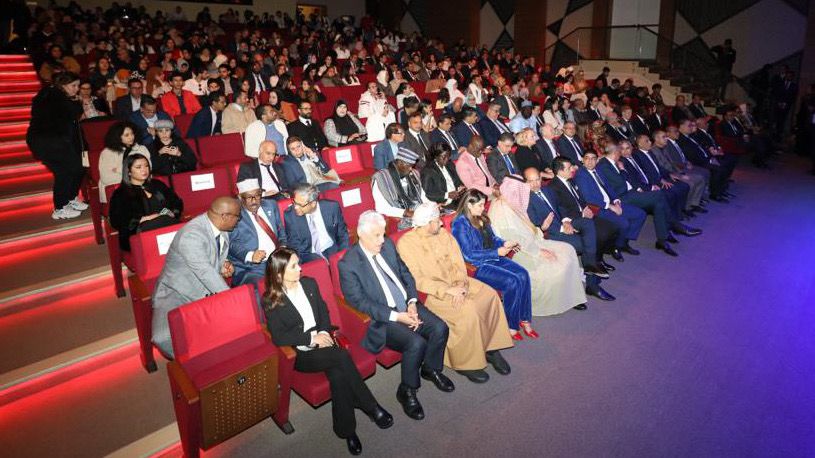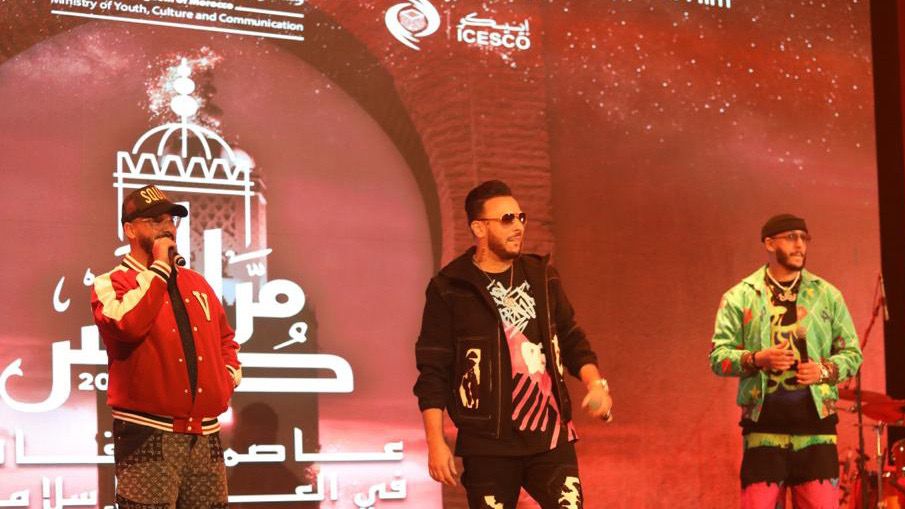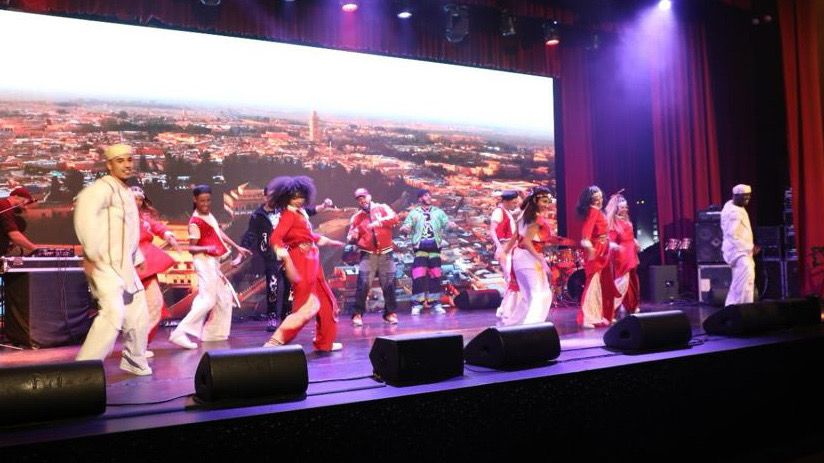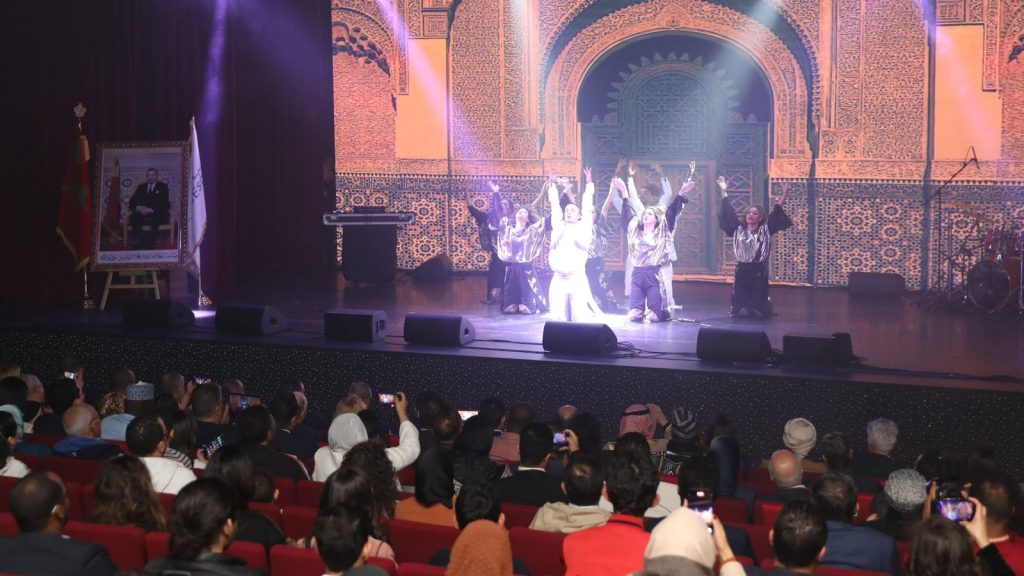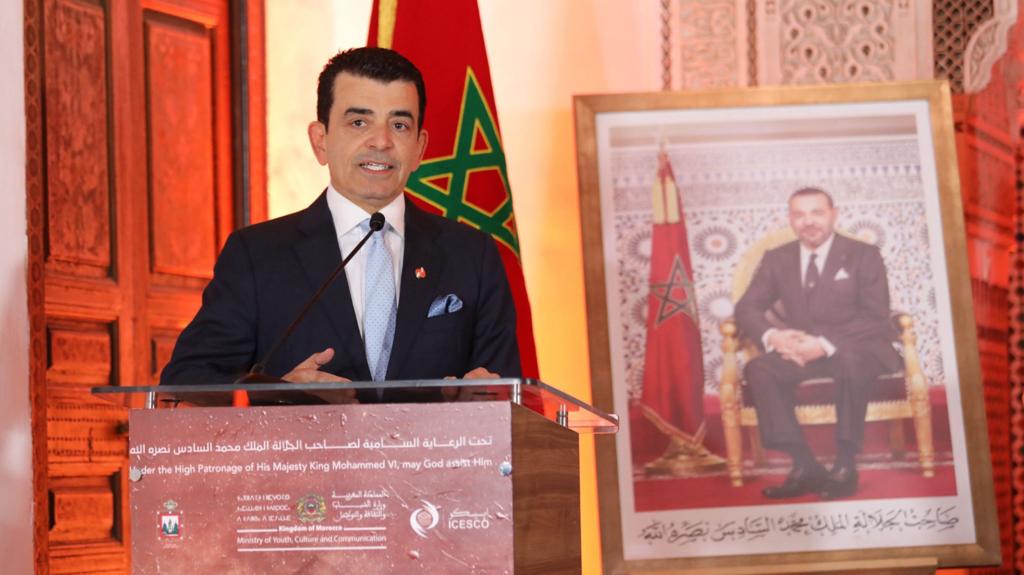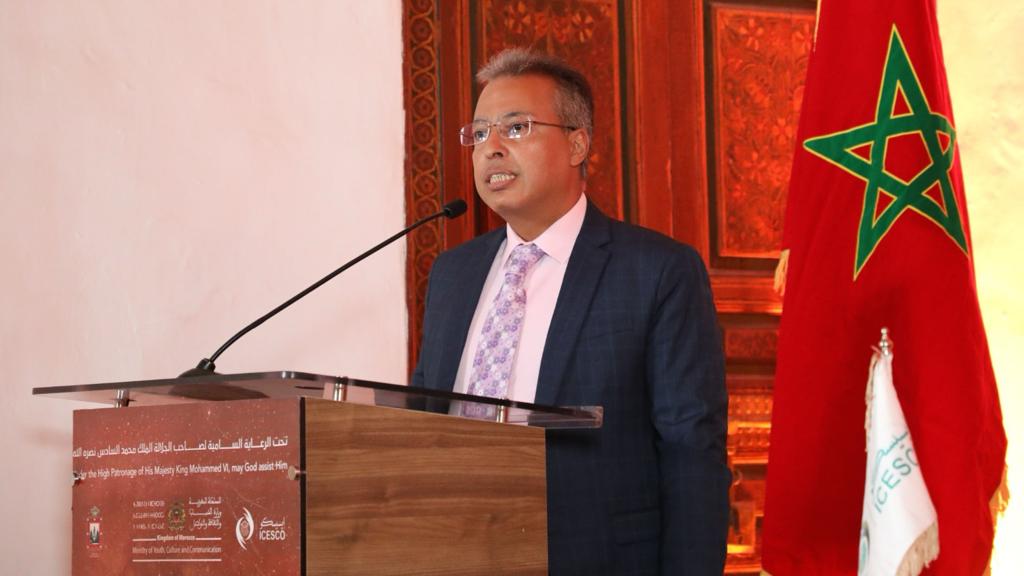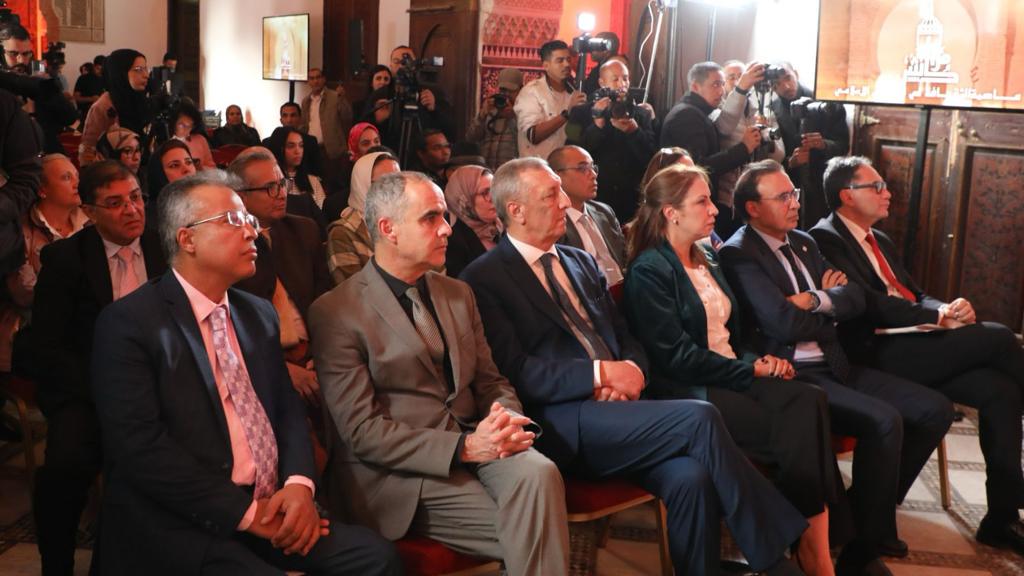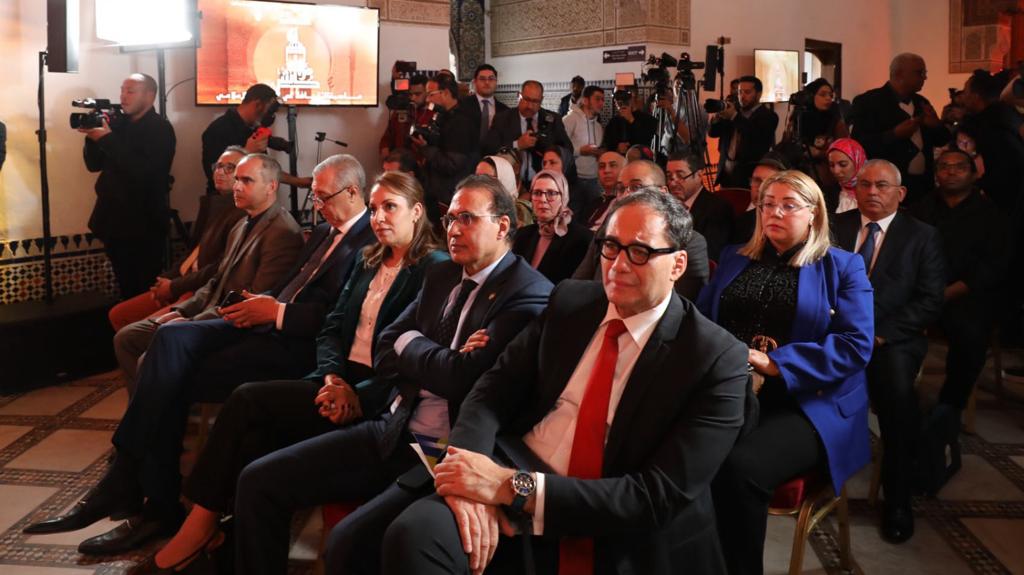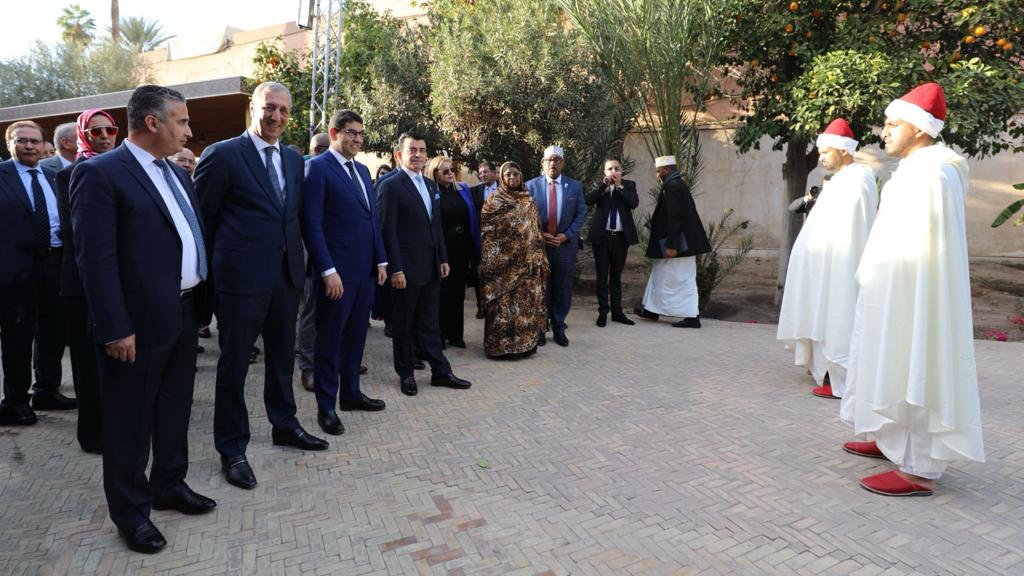Dr. Salim M. AlMalik, Director-General of the Islamic World Educational, Scientific and Cultural Organization (ICESCO), emphasized the vital role that social justice plays in achieving sustainable development, as they are two sides of the same coin. ICESCO Director-General further stressed that modernization approaches cannot lead to prosperity unless societies’ need for a set of social justice elements that guarantee societies’ recovery has been met, namely, equality before the law, equal opportunities, freedom of expression, access to information, and fairness in privileges, reward and recognition.
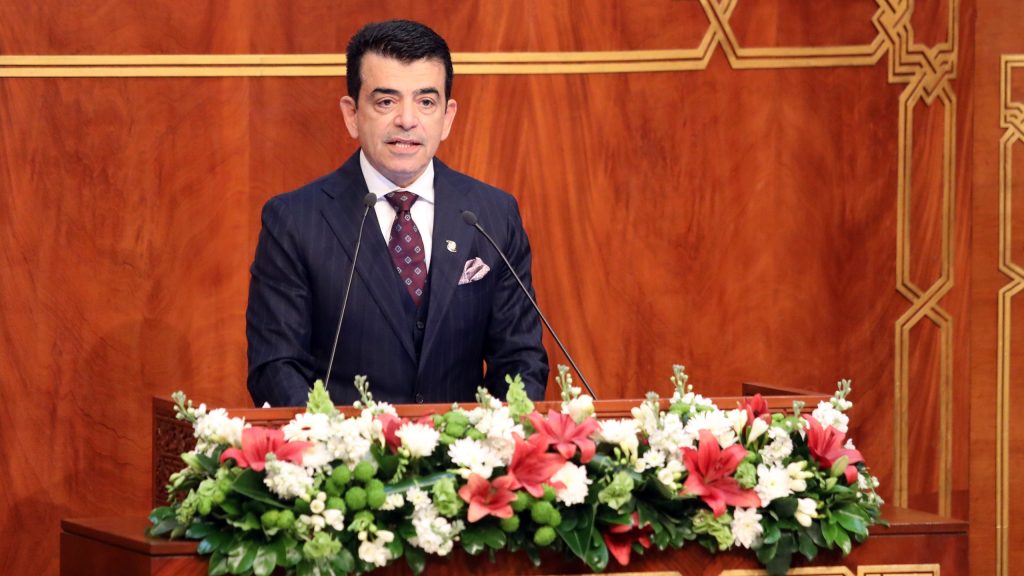
The statement was part of the address that the DG delivered today, Monday, February 19, 2024, during the opening session of the 8th International Parliamentary Forum for Social Justice, held under the High Royal Patronage of His Majesty King Mohammed VI, may God assist him. The Forum was hosted by the House of Counselors at its headquarters in Rabat, in partnership with the Economic, Social and Environmental Council of the Kingdom of Morocco, under the theme: “Promoting Sustainable Development Through Decent Work”, with the participation of several Moroccan ministers, parliamentarians, officials, and a host of high-level international figures.
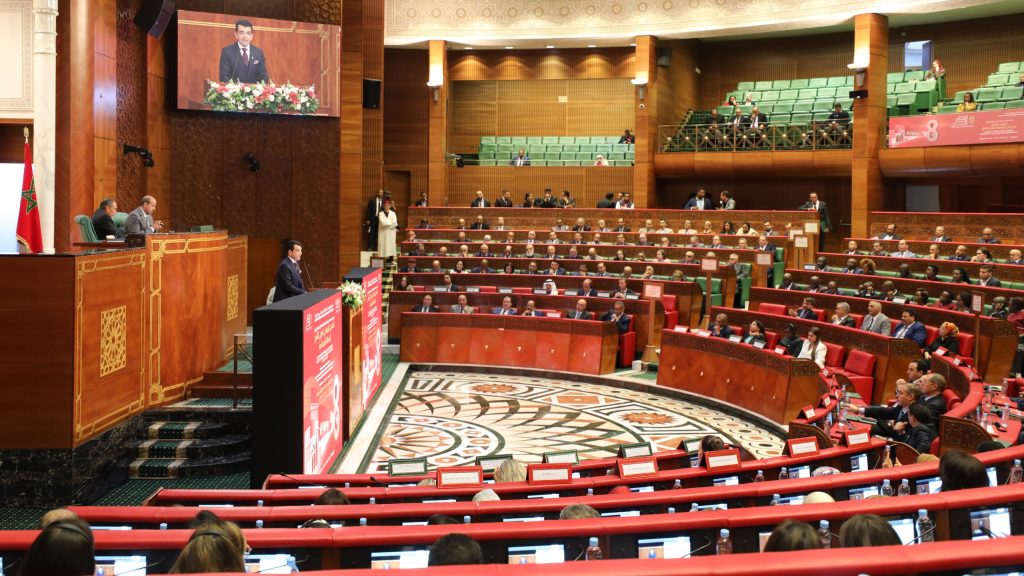
ICESCO Director-General highlighted that the Islamic civilization’s prosperous eras, under the leadership of the Prophet Muhammad, peace be upon him, testify to its precedence in recognizing the elements of social justice. A civilization that did not differentiate between Muslims and others as long as both were sheltered in citizenship, and it established systems of social protection and welfare of marginalized groups, such as people with special needs and the elderly.
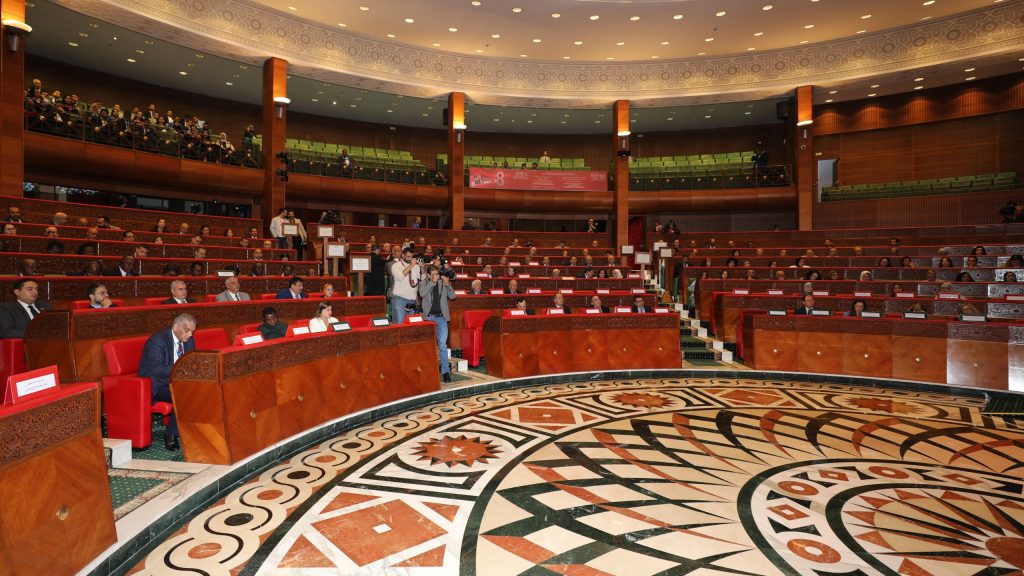
Dr. AlMalik further emphasized our urgent need today to uncover those treasures left to us from those past times to gain confidence and faith in our relation to the source of justice and rights.
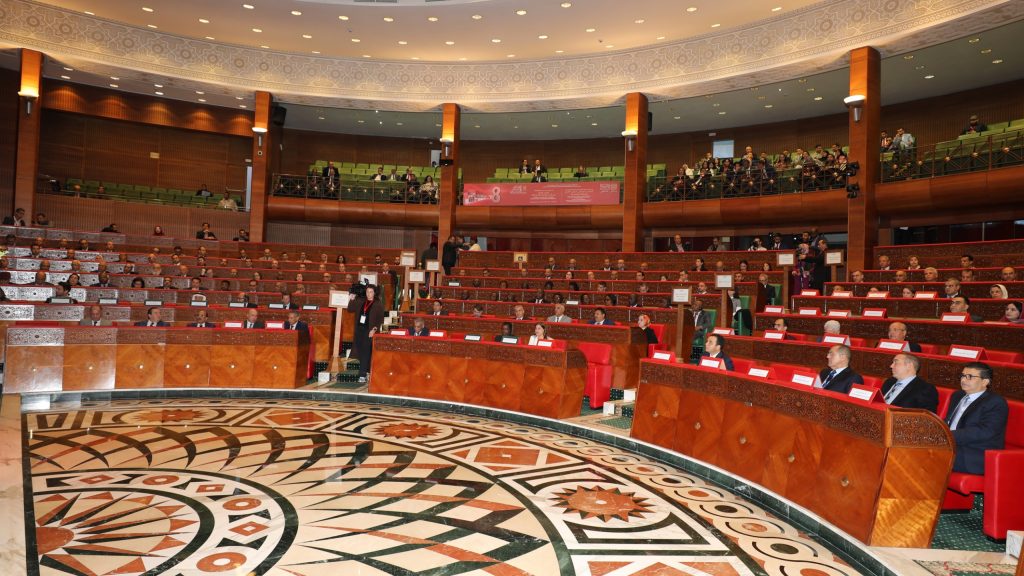
Moreover, the DG highlighted that ICESCO is committed to adopting the principle of equality clearly in its structuring, recruitment and reward procedures without discrimination or bias, ensuring that performance alone remains the guarantee of retention and promotion. This is evident in the establishment of a specialized Department of Legal Affairs and International Standards, to anchor he rules of regulated work in an organization where women represent nearly half the number of employees, individuals of various nationalities have the opportunity to work, and non-Muslim talent find an open door for belonging and contribution. Meanwhile, non-Islamic countries secure observer member status.
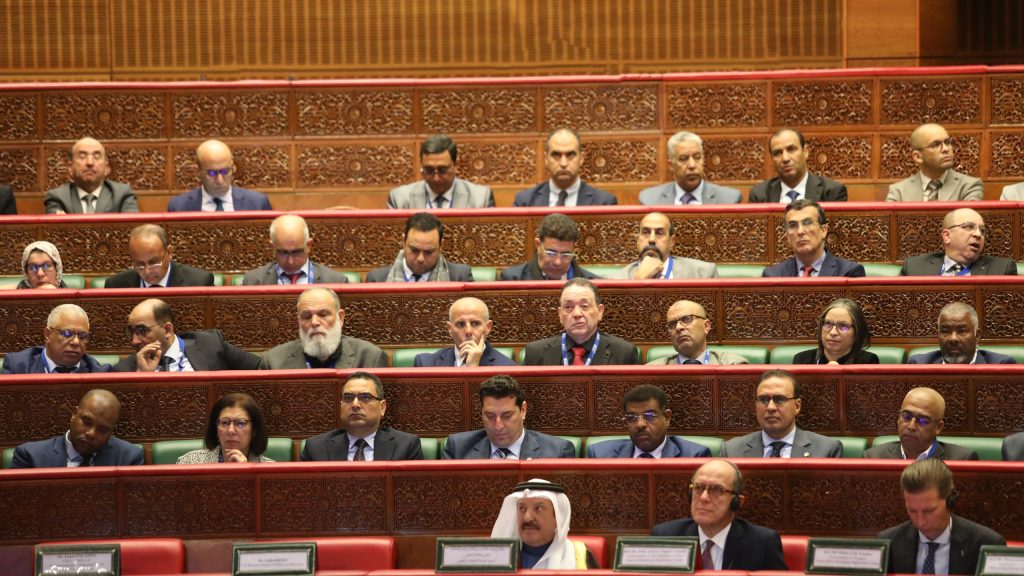
Furthermore, the Director-General commended the efforts made by the Kingdom of Morocco to achieve social justice, and its significant work in combating corruption firmly and effectively, following the footsteps of implementing the royal project for the generalization of social protection. This is clearly demonstrated in the Kingdom’s hosting of the 8th International Parliamentary Forum for Social Justice, coinciding with the International Day of Social Justice celebrated worldwide on February 20th of each year. Which serves as a platform for advocating for truth and justice in a global context marked by Israeli aggression and its crimes against the vulnerable, women, children, and the elderly in wounded Palestine and steadfast Gaza.
